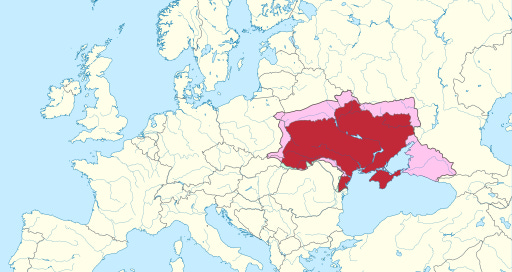Experts have lined up to comment on the geopolitical tensions between Russia and Ukraine. But what does geopolitics actually mean? And, asks David Martin Jones, what does it mean to Putin?
Geopolitics is often used to describe the self-interested realism that shapes the international political strategies employed by states like China and Russia. In this context, geopolitics nods to a desire to revise the liberal international rules based order that evolved since the end of the Cold War. It becomes a synonym for having scant regard for international law.
But this use of geopolitics can cover up a failure to understand the evolution of the self-interested international realism employed by China and Russia and what such strategies imply for the contemporary conduct of the revisionist powers on the Eurasian landmass.
A brief history of geopolitics
It was Rudolf Kjellén, a Swedish conservative geographer and political scientist, who first coined the term geopolitics. In his Lectures on Swedish Geography (1900) he applied geopolitics to the problems and conditions within a state that arise from its geographic features and their impact upon how modern states flourish and then decay. After 1914 and the collapse of the balance of power that had maintained the world order that dominated much of the nineteenth century, Kjellens’ idea of the ‘state as a life-form’, (Staten Sum Lifs Form, 1916) powerfully influenced inter-war German thinking. In particular, the German general Karl Haushofer maintained that a lack of geographical knowledge accounted for Germany’s defeat in World War 1. Haushofer developed the concept of lebensraum and his journal Zeitschrift für Geopolitik influenced the Reich’s strategic thinking. At the Nuremberg Trials, Sidney Alderman described Haushofer as ‘Hitler’s intellectual Godfather’ (1).
But ideas on the importance of geography to international politics did not flourish just in Nazi Germany. In conservative and realist circles across Europe in the first decades of the twentieth century, geopolitics offered an alternative to the balance of power thinking that broke down so catastrophically in 1914. After 1918, when Europe ‘ceased to be the centre of the world’, and instead became ‘merely the European question’, a new generation of realist thinkers conceived world politics in geographical terms (2).





